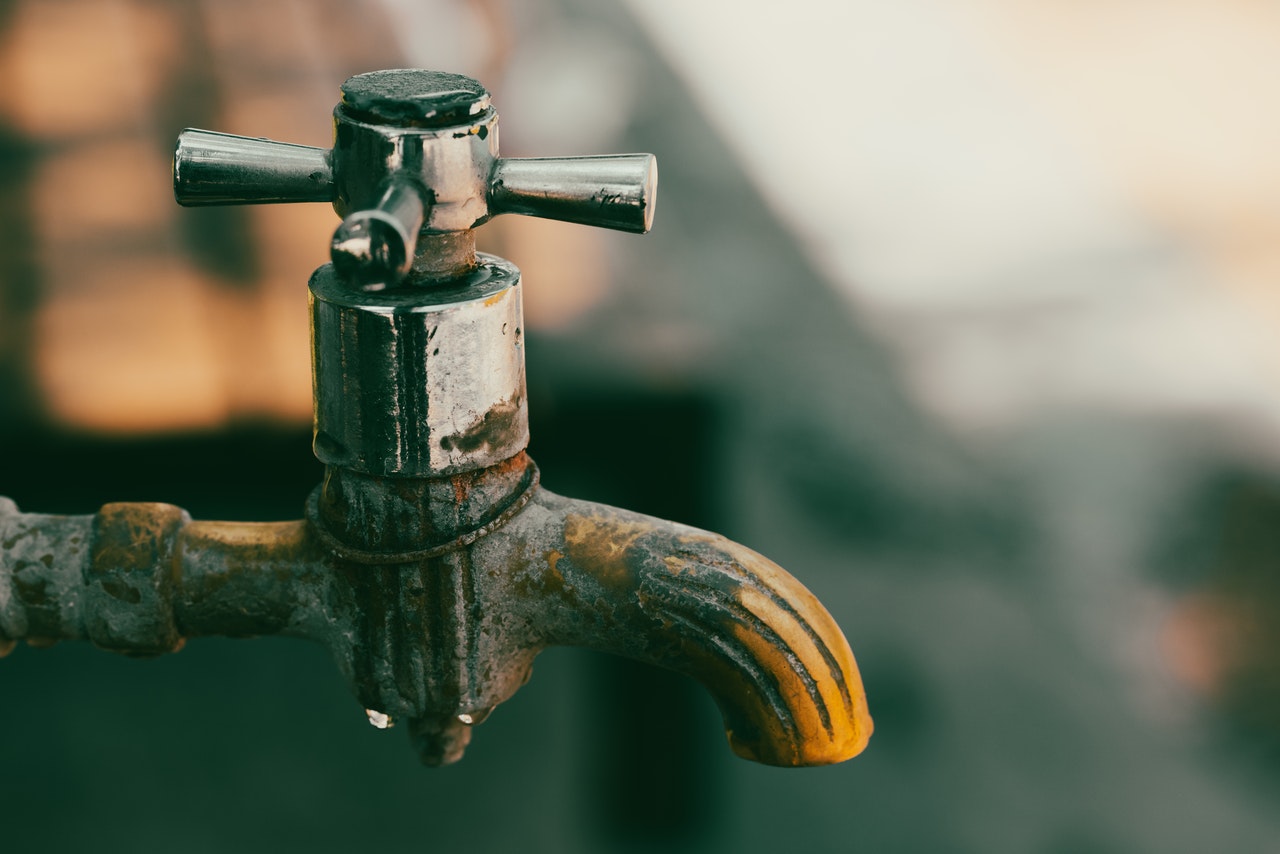Toronto is a beautiful city with plenty to offer, and living downtown provides both the excitement of being in the middle of the action and access to quiet, outdoor spaces with a sofa for balance. Homes in downtown Toronto also possess a unique blend of rustic charm and modern amenities. Unfortunately, sometimes that “old world” character can lead to serious property damage and costly repairs – especially when it comes to plumbing.
When buying a property in downtown Toronto, it’s imperative to protect your investment and financial interests by hiring the right experts along the way, including a real estate agent, real estate lawyer and home inspector. Real estate agents and lawyers must be licensed; however, at the time of this writing, the proposed law that would regulate the home inspection industry is not yet in force, meaning that getting certified as a home inspector is voluntary and that anyone can provide home inspection services.
Hiring a Qualified Home Inspector
Licensing does offer a certain level of protection to the public, such as:
- Having a governing body with oversight over the provision of specific services, like home inspections.
- Verifying a professional’s identity and contact information.
- Professional rules of conduct and potential disciplinary action.
- The requirement to carry Errors & Omissions (E&O) insurance.
However, you still need to do your due diligence and research potential real estate professionals before hiring them. You can protect yourself by limiting your search to licensed home inspectors, asking for references and confirming that a potential inspector has expertise in at least three areas of home construction that can result in costly repairs: electrical, HVAC and plumbing.
When visiting a property for sale in downtown Toronto and the GTA, you and the inspector should keep an eye out for the following plumbing issues.
Older Pipes
While older construction materials may have held up to the time that you inspect them, you are still taking your chances if you don’t replace them as soon as possible and it will require more than crimp tools. Pipes are a perfect example. Older Toronto homes may still have pipes made from unsafe materials such as lead, galvanized steel or Kitec.
Lead pipes were used in homes up until the 1950s, when it was discovered that lead in drinking water was contributing to major health issues. Toronto homes built between WW2 and the 1960s were then constructed using galvanized steel pipes that were coated with zinc to prevent corrosion until it was learned that galvanized pipes also resulted in lead contamination when they corroded. As well, galvanized pipes can warp as they corrode, causing low water pressure.
Between 1995 and 2007, many homes and condos throughout Ontario used a plastic called Kitec for piping. They haven’t stood the test of time, unfortunately, and Kitec is also susceptible to corrosion, breaking and leaking.
Defective Fixtures
When inspecting a home, pay attention to fixtures like faucets, bathtubs and toilets, especially issues such as:
- Toilets that don’t work properly, e.g., won’t completely flush, tanks that don’t refill or refill slowly.
- Water leaking from the base of faucets, toilets and bathtubs.
- Leaking faucets and pipes.
- No hot water.
- Tubs, showers, sinks, etc., that drain slowly.
Outdated/Improper Plumbing Work
Just as building materials evolve over time, so do building codes, as experience and technology teach us how to build safer, more efficient and sanitary plumbing systems.
If the plumbing work in a home doesn’t follow regulations, over time, you can be faced with performance issues, major repairs and potential safety hazards. This is why retaining a home inspector who is up-to-date on building and plumbing codes is absolutely essential when buying a property in downtown Toronto.

